Robert P. Murphy - The Politically Incorrect Guide to Capitalism
Here you can read online Robert P. Murphy - The Politically Incorrect Guide to Capitalism full text of the book (entire story) in english for free. Download pdf and epub, get meaning, cover and reviews about this ebook. year: 2007, publisher: Regnery Publishing, genre: Politics. Description of the work, (preface) as well as reviews are available. Best literature library LitArk.com created for fans of good reading and offers a wide selection of genres:
Romance novel
Science fiction
Adventure
Detective
Science
History
Home and family
Prose
Art
Politics
Computer
Non-fiction
Religion
Business
Children
Humor
Choose a favorite category and find really read worthwhile books. Enjoy immersion in the world of imagination, feel the emotions of the characters or learn something new for yourself, make an fascinating discovery.

- Book:The Politically Incorrect Guide to Capitalism
- Author:
- Publisher:Regnery Publishing
- Genre:
- Year:2007
- Rating:4 / 5
- Favourites:Add to favourites
- Your mark:
The Politically Incorrect Guide to Capitalism: summary, description and annotation
We offer to read an annotation, description, summary or preface (depends on what the author of the book "The Politically Incorrect Guide to Capitalism" wrote himself). If you haven't found the necessary information about the book — write in the comments, we will try to find it.
* Outsourcing (why its good for Americans) and zoning restrictions (why theyre not)
* Why central planning has never worked and never will
* How prices operate in a free market (and why socialist schemes like rent control always backfire)
* How labor unions actually hurt workers more than they help them
* Why increasing the minimum wage is always a bad idea
* Why the free market is the best guard against racism
* How capitalism will save the environment--and why Communist countries were the most polluted on earth
* Raising taxes: why it is never responsible
* Why no genuine advocate for the downtrodden could endorse the dehumanizing Welfare State
* The single biggest myth underlying the publics support for government regulation of business
* Antitrust suits: usually filed by firms that lose in free competition
* How tariffs and other restrictions protect privileged workers but make other Americans poorer
* The IMF and World Bank: why they dont help poor countries
* Plus: Are you a capitalist pig? Take the quiz and find out! Breezy, witty, but always clear, precise, and elegantly reasoned, The Politically Incorrect Guide(tm) to Capitalism is a solid and entertaining guide to free market economics. With his twelve-step plan for understanding the free market, Murphy shows why conservatives should resist attempts to socialize America and fight spiritedly for the free market.
Robert P. Murphy: author's other books
Who wrote The Politically Incorrect Guide to Capitalism? Find out the surname, the name of the author of the book and a list of all author's works by series.

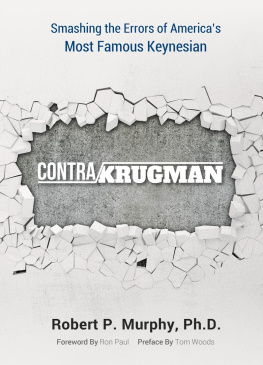


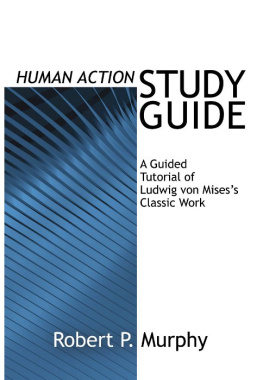





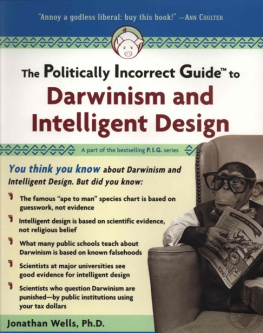


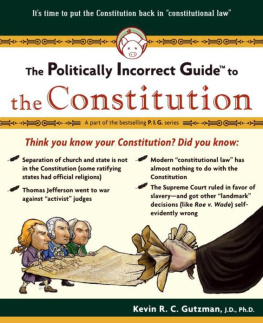

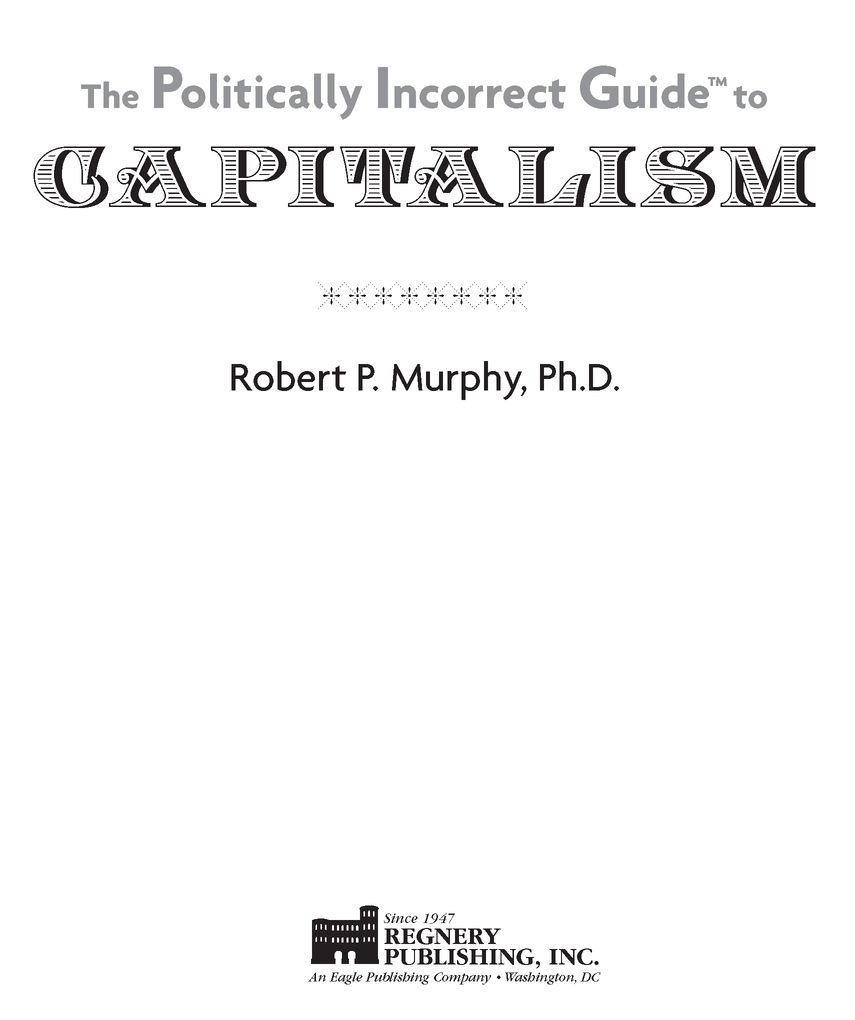



 The word capitalism was originally a Marxist smear.
The word capitalism was originally a Marxist smear. No economic system has ever been more successful at continuously raising standards of living than capitalism.
No economic system has ever been more successful at continuously raising standards of living than capitalism. Profits are proof that resources are used effectively.
Profits are proof that resources are used effectively.